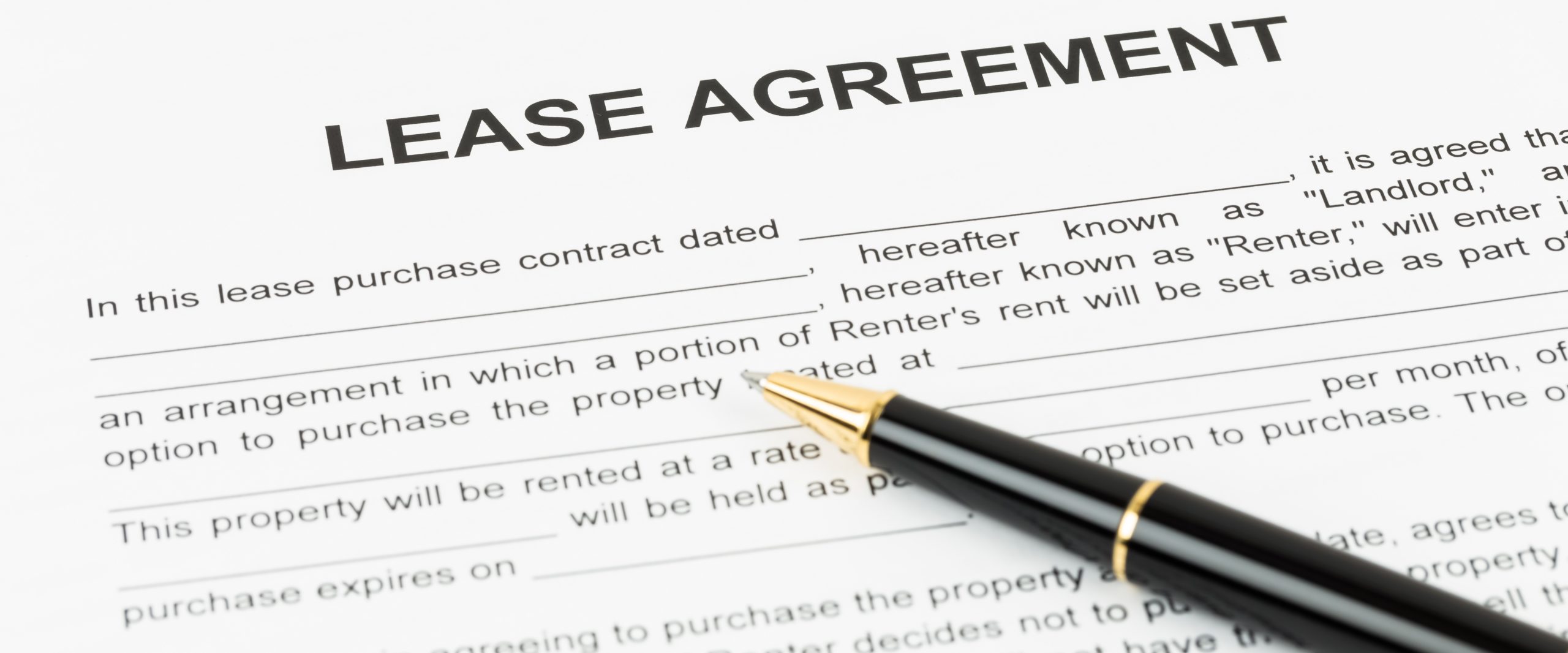Signing a commercial lease is a step most businesses will have to take. The lease sets out the terms and conditions under which the tenant will occupy a commercial property. This article outlines a number of essential factors a prospective tenant should consider when evaluating and negotiating a commercial lease in New Zealand.
Leases and Natural Disasters
A natural disaster can have devastating effects on business operations. Whether you are a landlord or a tenant under a commercial lease, it is important to obtain legal advice both before you enter into the lease and in the aftermath of a natural disaster. This article considers some of the issues to discuss with your lawyer.

Before signing a lease – insurance issues
You should discuss with your lawyer who will be responsible for insuring the premises, and what type of insurance must be maintained. The usual position is that the landlord maintains either full replacement or indemnity insurance for certain risks, and the tenant is responsible for paying the premiums (and the excess up to a certain amount) as an outgoing. However, in some instances a tenant may take out the insurance, or there may be an express acknowledgement in the lease that the landlord is not required to maintain insurance. It is important that you discuss these matters with your lawyer so that the lease correctly reflects the agreed insurance position.
After a natural disaster
Most leases contain provisions which will apply in the aftermath of a natural disaster. Some of these are discussed below.
- As a landlord, following a natural disaster or in an emergency, you may be entitled to enter the premises with no written notice in order to inspect the premises and to carry out remedial works. You may also be able to require the tenant to vacate the premises (if this is necessary to carry out remedial works). A fair proportion of rent will likely abate during any period the tenant is required to vacate.
- Following a natural disaster, the premises may be destroyed or damaged to the extent that they are rendered “untenantable”. This could result in termination of the lease. The physical state of the premises will need to be inspected, and whether the premises are unfit for use by the tenant will need to be determined.
- As a tenant, if the premises are cordoned off or are inaccessible then you may be entitled to an abatement of rent and outgoings, or to terminate the lease (depending on how long the premises remain inaccessible).
You should contact your lawyer in order to understand your position following a natural disaster, and what your rights and obligations are.
Other issues
This article touches on some of the issues that may arise between a landlord and tenant under a commercial lease following a natural disaster. As a landlord or a tenant, you will also need to comply with your obligations under building laws and health and safety laws. Your lawyer will be able to advise you on these issues too.
This article is current as at the date of publication and is only intended to provide general comments about the law. Harkness Henry accepts no responsibility for reliance by any person or organisation on the content of the article. Please contact the author of the article if you require specific advice about how the law applies to you.
For further information



